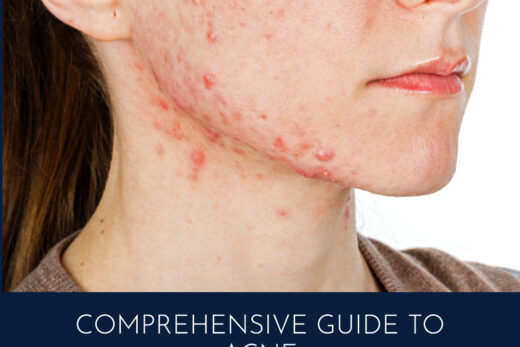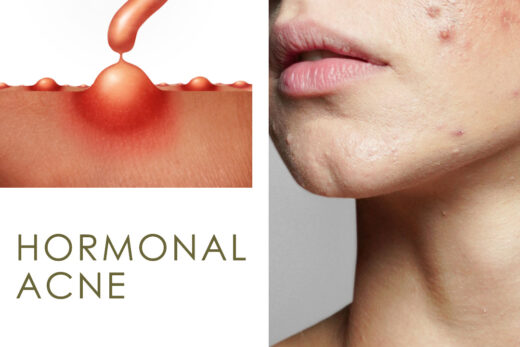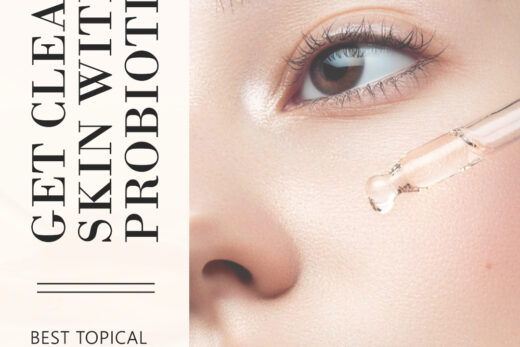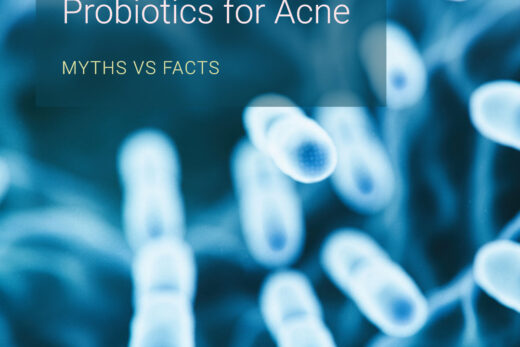Incorporating probiotic-rich foods into your daily diet can offer numerous benefits for acne management. This article will provide a comprehensive guide to the best probiotic-rich foods for acne, tips on incorporating these foods into your daily diet, and the role of a balanced diet and prebiotics in enhancing the effectiveness of probiotics for acne treatment.
Best Probiotic-Rich Foods for Acne
Fermented Dairy Products
Choose products with live and active cultures and minimal added sugars to ensure maximum benefits.
Fermented Vegetables
They contain beneficial probiotics and are often rich in fiber and vitamins. When selecting fermented vegetable products, opt for high-quality options without artificial preservatives or additives.
Fermented Beverages
Consider factors such as sugar content and alcohol levels when choosing and consuming these beverages. Opt for low-sugar, non-alcoholic versions whenever possible.
Other Probiotic-Rich Foods
Incorporating these foods into your diet can further support a healthy gut microbiome and improve acne symptoms.
Incorporating Probiotic Foods into Your Daily Diet
Meal Ideas and Recipes
Incorporate probiotic-rich foods into your daily diet by adding them to meals and snacks. For example, enjoy yogurt topped with fresh berries for breakfast, mix sauerkraut into a salad for lunch, or snack on pickles and whole-grain crackers. Combine probiotic foods with acne-fighting ingredients like leafy greens, omega-3-rich foods, and antioxidant-rich fruits for optimal benefits.
Portion Sizes and Frequency
To avoid digestive discomfort, gradually introduce probiotic-rich foods into your diet, starting with small portions and increasing the frequency of consumption over time. Listen to your body and adjust your intake based on your individual needs and tolerance.
Foods to Avoid When Using Probiotics for Acne
Inflammatory Foods
Minimize your consumption of these foods and focus on a nutrient-rich, whole-foods diet.
Individual Food Sensitivities
Be aware of personal food sensitivities
Balanced Diet and Probiotics for Acne Treatment
Nutrient-Rich Foods
A nutrient-rich diet can enhance the effectiveness of probiotics in acne treatment by supporting a healthy gut microbiome and reducing inflammation.
Prebiotics and Acne
Role of Prebiotics
Prebiotics are non-digestible food components that support the growth and activity of beneficial probiotics. A combination of prebiotics and probiotics, known as synbiotics, can potentially improve acne outcomes by promoting a healthy gut microbiome.
Prebiotic-Rich Foods
Incorporate these foods into your daily diet to support the effectiveness of probiotics in acne treatment.
Combining Probiotic Foods and Supplements
Optimizing your gut health can be a game-changer for acne management. Consuming probiotic-rich foods along with specific supplements can foster a diverse gut microbiome, promoting overall skin health. Pairing this dietary approach with topical probiotics directly addresses acne at its root. Remember, introducing new strains should be done gradually to avoid potential discomfort. Find the right supplements in our “Choosing the Best Probiotics for Acne 2023” guide and explore top-rated topical probiotics at “Best Topical Probiotics for Acne“.
The Science Behind Probiotics and Acne (for Nerds)
https://www.ncbi.nlm.nih.gov/pmc/articles/PMC6048199/
The Gut Microbiome as a Major Regulator of the Gut-Skin Axis
- Salem I, Ramser A, Isham N, Ghannoum MA. The Gut Microbiome as a Major Regulator of the Gut-Skin Axis. Front Microbiol. 2018 Jul 10;9:1459. doi: 10.3389/fmicb.2018.01459. PMID: 30042740; PMCID: PMC6048199.
https://www.ncbi.nlm.nih.gov/pmc/articles/PMC7090755/
Probiotics and prebiotics potential for the care of skin, female urogenital tract, and respiratory tract
- Bustamante M, Oomah BD, Oliveira WP, Burgos-Díaz C, Rubilar M, Shene C. Probiotics and prebiotics potential for the care of skin, female urogenital tract, and respiratory tract. Folia Microbiol (Praha). 2020 Apr;65(2):245-264. doi: 10.1007/s12223-019-00759-3. Epub 2019 Nov 26. PMID: 31773556; PMCID: PMC7090755.
https://www.frontiersin.org/articles/10.3389/fmicb.2018.01459/full
Balancing the gut microbiome, which can influence inflammation and skin health:
- Salem I, Ramser A, Isham N, Ghannoum MA. The Gut Microbiome as a Major Regulator of the Gut-Skin Axis. Frontiers in Microbiology. 2018;9:1459.




